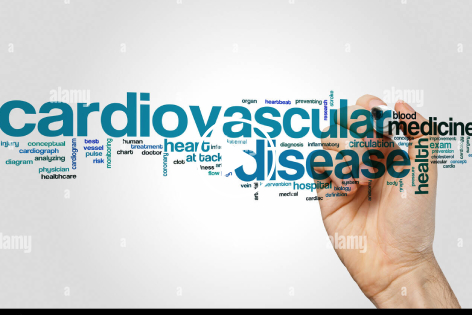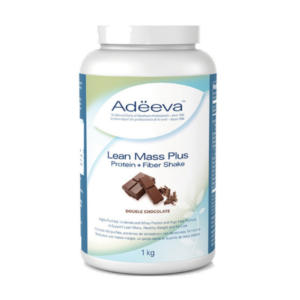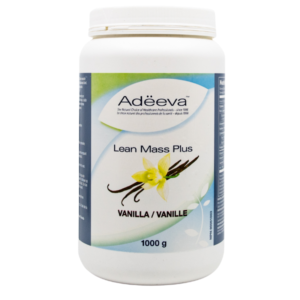
Whey Protein Shakes Support and Improve Muscle Strength and Cardiovascular Health – 2022 Review
Source: The Nutrition Bulletin, February 17, 2022
Lifestyle Medicine Update (May 21, 2024)
Many body builders and athletes ingest a whey protein shake daily to help grow and support their muscle and lean mass, but in recent years we have seen that whey protein ingestion can also help older individuals prevent age-related loss in muscle strength and muscle mass. This is very important because age-related frailty is a common problem as people age, which leads to falls and life-threatening fractures, as well as an inability to perform tasks involved in everyday living (carrying groceries, household chores, lifting various objects etc.). So, a whey protein shake can help individuals stay stronger as they age and maintain their independence, which is a key quality of life benefit. But we are also learning that ingesting a whey protein shake on a regular basis also improves some very important cardiovascular parameters that can help prevent heart attacks, stroke and other vascular complications and even improve parameters related to the sexual function. To date, at least 18 studies have shown impressive effects on cardiovascular health when adults started using a whey protein shake regularly. More specifically whey protein increases the release of nitric oxide from the blood vessel wall. This helps to open-up arteries so blood can flow more easily. This improves blood flow, and it is also shown to lower blood pressure and make arteries less stiff and more elastic. Whey protein also helps to reduce blood vessel inflammation. All these effects help to reduce cardiovascular risk and can also improve sexual performance, especially in men.
So, what is whey protein?
Whey proteins are a group of soluble proteins comprising approximately 20% of the protein content of cow’s milk and are usually isolated from the liquid portion of milk during cheese making followed by filtration and drying. (separating the curds and whey, as they say). The whey protein fraction is made up of several proteins including β-lactoglobulin, ɑ-lactalbumin, immunoglobulins and glycomacropeptides. These are high-quality proteins containing all the essential and non-essential amino acids that the body needs to make any required protein. Whey protein is also a rich source of the kinds of amino acids that most readily support muscle tissue. These amino acids are known as the branched-chain amino acids (BCAA), which include leucine, isoleucine and valine. As stated in the February 17, 2022, Nutrition Bulletin review, “A number of different classes of whey protein products are commercially available and include the filtrates:
1. whey protein concentrate (WPC) and
2 whey protein isolate (WPI) and
3.filtered, then enzymatically digested, whey protein hydrolysate (WPH).
These differ in terms of nutrient profile with WPI and WPH containing the most protein in commercially available products, typically 85–95 g protein per 100 g product, and the highest concentration of BCAA in commercially available whey proteins, and indeed of all milk proteins.” I personally have a whey protein shake as my breakfast at least 3-5 times per week, as a rule. The whey protein complements my work out program to help keep my muscles and my body strong, slows age-related muscle and bone loss, helps support nitric oxide release in my blood vessels to prevent age-related high blood pressure, keeps inflammation down, supports immune function and helps to keep arteries more elastic, as part of an overall cardiovascular prevention program. The bottom line is that whey protein shakes are not only for body builders and professional athletes. Whey protein has proven anti-aging and cardiovascular disease prevention properties that you should consider in your own personal health management program.
I have included a link to the full review on whey protein that appeared in the February 17, 2022, issue of the Nutrition Bulletin, where the studies on strength, lean mass and cardiovascular health are presented in detail.
Reference:
Price D et al. The effects of whey proteins, their peptides and amino acids on vascular function. Nutrition Bulletin. February 17, 2022. https://onlinelibrary.wiley.com/doi/full/10.1111/nbu.12543
Eat Smart, Live Well, Look Great,
Dr. Meschino
Recommended Supplements

Dr. James Meschino
ABOUT THE AUTHOR
Dr. James Meschino, DC, MS, ROHP, is an educator, author, and researcher having lectured to thousands of healthcare professionals across North America. He holds a Master’s Degree in Science with specialties in human nutrition and biology and is recognized as an expert in the field of nutrition, anti-aging, fitness, and wellness as well as the author of numerous books.


